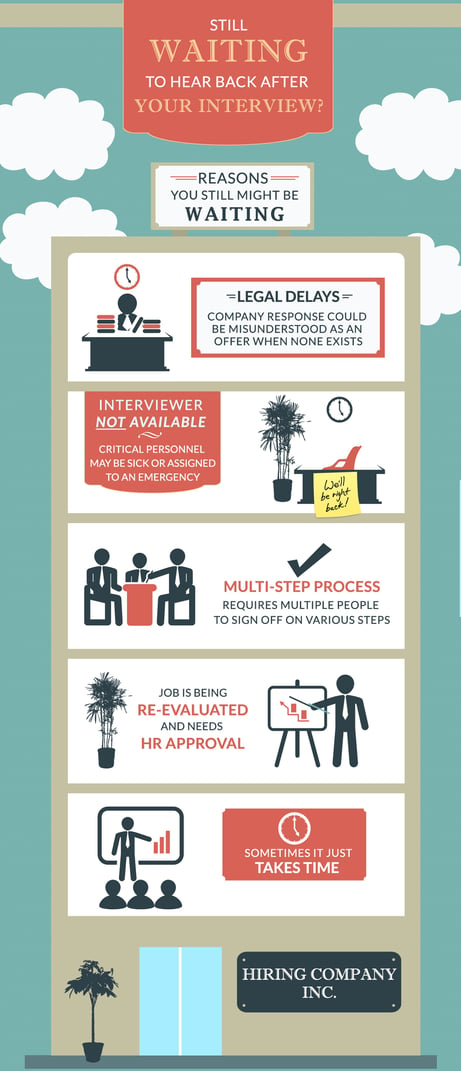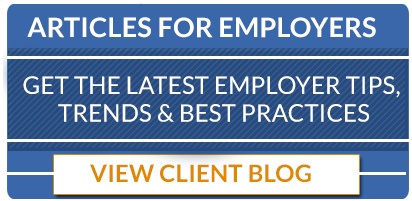How you follow up after a job interview can make all the difference
Even the most talented professionals have trouble with the job interview process. Job interviews require special skills that most professionals think they know, but take for granted. That’s why it’s vital to have good job interview follow up strategies.
Job interview follow up strategies are essential to a successful job search. Your objective is to maintain communication without seeming too pushy and to maintain a positive open relationship as you maneuver through the process. Research shows that 87 percent of managers prefer email for follow up, 81 percent say a phone call is appropriate (but only one call), 38 percent prefer a hand-written note, and 27 percent consider social media platforms, such as LinkedIn, appropriate for follow up.5 proven job interview follow up strategies for you

-
Send a Follow-Up Note
Always follow up within 24 hours. The note doesn’t have to be long, but send a follow up email promptly to show interest. When you thank the interviewer, ask about their challenges, goals and timeframe for a decision. When you ask about timing for the next step – i.e., “when can I expect to hear from you?” - you usually get a response. It also tells you when to follow up again. If you are working with a professional recruiter, ask for permission to submit directly and always make sure you copy them to keep the loop closed. -
Offer Valuable Insight (But be careful of 'TMI')
Following up with some insight or reflections on your interview will be a good reminder of the time you spent together. It’s important that you discuss possible solutions, but limit your opinions until you know more information. Ask relevant questions that keep the hiring manager thinking, and offer insight that demonstrates past experiences that match the job description. Be careful not to “evangelize” certain products or services, since all environments are different. Conversely, TMI – too much information - is not appealing. Provide just enough information to keep them intrigued and wanting to come back for more!
-
Follow Up Phone Call
You want to keep the conversation alive without appearing too anxious. Remember that hiring processes are fluid. Budgets change, people are promoted, and other factors can delay a hiring decision. A good recruiter can help you set expectations. He or she will understand the internal hiring procedures and knows what the hiring manager wants. While it may sound corny and obvious, make sure to always smile and stay positive when you are talking to your recruiter and / or the hiring company. You are constantly being evaluated and any sign of anxiety or negativity could change your course of action.

-
Prepare For Next Steps
You may be called back for another interview at any time. Be ready. Have samples of your work ready and rehearse tales of past successes. Have your references ready by creating a list of past manager-level references who can speak to your capabilities. Contacting your references ahead of time is critical to your success. Provide guidance on the position you are applying for and the critical success factors for winning the role. This will prepare your references to stay on point when speaking on your behalf. -
Close The Loop (But Leave it Slightly Open)
Sixty percent of job candidates never hear back after an interview. You have to know when to give up and move on. Try scripting a response that closes the loop, such as, “I have contacted you several times in regards to the position for which I have applied. Unfortunately I have not heard back. At this time, I will look forward to hearing from you while I continue my job search. I enjoyed my experience with you and your team. Please let me know if anything changes."
The more you prepare for an interview, the easier it will be to follow up. Work with the recruiter or staffing professional to prep for your interviews and discuss your strategy for success throughout the process.
The added preparation will help you make and keep a good impression. If you start on the right foot, it makes job interview follow up strategies much easier.




